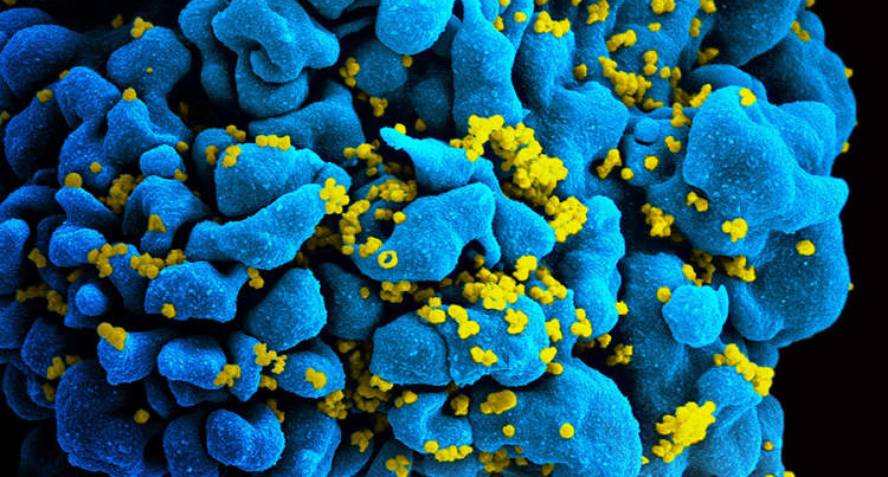Can act on the immune system to create antibodies to HIV
So far an effective HIV vaccine has not been created, as our immune system is largely unable to generate the types of antibodies needed to neutralize the virus. This path has taken an important step in a recent research published in the journal Science, which has shown how it can affect the immune system to create suitable antibodies against HIV.
In recent years, antibodies called KbAbs have been heavily investigated. They occur in people infected with HIV and have the ability to detect many variants of the virus, but they do not multiply to adequately cope with the virus, among other things because the immune system itself identifies GAbs as a risk.
They are quite special antibodies, with characteristics very different from the rest of antibodies. And, as a result, they are very difficult to produce through vaccines. One of the keys is that Gb Abs antibodies have strange mutations. In fact, this study has identified mutations that are essential to deal with HIV, so new superficial proteins of the virus have been designed. The use of these new proteins as antigens has allowed the formation of Gb antibodies in the mouse.
While acknowledging that much more remains to be investigated for the HIV vaccine, researchers consider it important to discover that new antigens can be selected.






